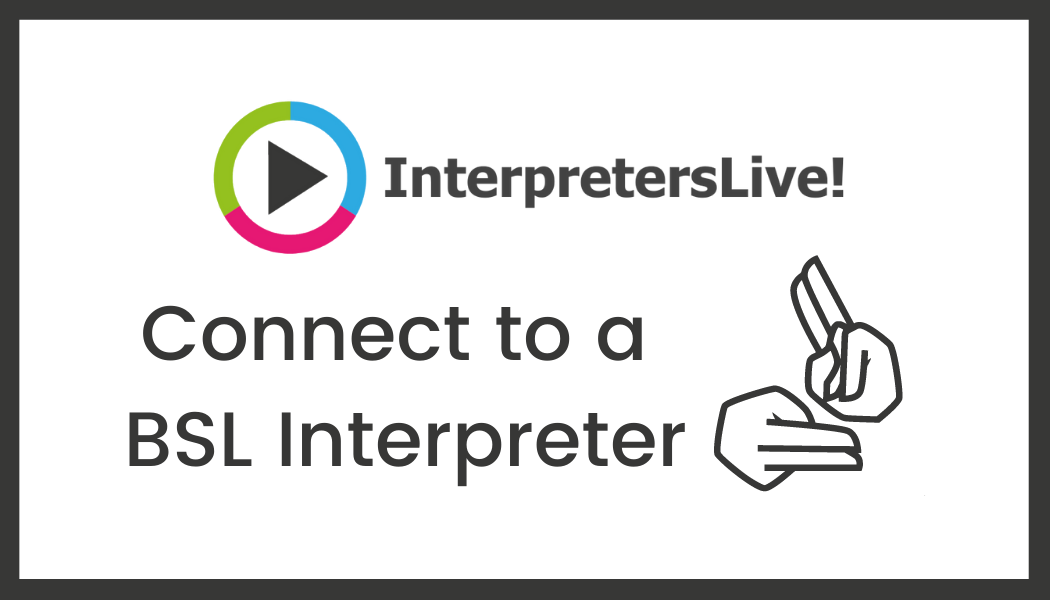
As soon as we are ready to enter the world of work, we get told the most important thing to do is put together a CV for potential employers. Even if we possess zero work experience, a CV is required to outline our educational history, career aspirations and interests. Furthermore, we are encouraged to tailor this CV to each role to be in with the best chance of landing an interview.
However, spending hours crafting the perfect CV is rapidly becoming a thing of the past. That’s because a growing number of companies are disregarding CVs to reduce unconscious bias to make the hiring process more fair and inclusive.
Additionally, in an era of industry-wide skills shortages, employers are being forced to think outside the box to secure the talent they need. As a result, achievements traditionally found on a CV such as a degree or experience gained in a similar role are becoming less sought after, with transferable skills and attributes more desirable than ever before.
Candidate screening is changing too. Organisations are introducing skills assessments at the application stage, with the results driving decisions rather than intuition and gut-feel.
Where does this leave candidates?
Such a gear change can be intimidating for those looking for a job. On the one hand, a CV can be limiting and fail to communicate who you are as a person, but on the other, it provides an opportunity to showcase your achievements in your own words. Without a CV, how will your chances of landing a role be impacted?
The great news is that CVs haven’t been completely eliminated, with some employers adopting a hybrid approach that incorporates both resume and skills assessments. However, even if a CV isn’t necessary for future roles, there are still several ways to ensure you stand out for all of the right reasons. Let’s take a look…
1. Boost your online presence.
Modern talent attraction is increasingly reliant on technology to find people with the right skills. It does this by searching platforms like LinkedIn for keywords related to the role. Candidates can also apply directly for positions through LinkedIn, with the information pulled from their profile to form an application.
It means that now is the time to revisit your LinkedIn profile and make sure it’s fully optimised for roles you’re interested in. Check the email attached to your profile and make sure it’s one you still use (employers or recruiters may send InMails to you). Also, check that previous posts you’ve shared or liked still hold messaging that you stand by and believe in - this goes for all of your social media channels.
2. Get used to assessments.
It’s becoming more important for employers to make sure their hiring processes are fair and inclusive. One of the most effective ways of doing this is replacing CV screening with digital assessments that measure skills that ensure the best person is hired for the role.
While it can be tricky to prepare for an assessment, given organisations will use different methods and styles of tests, there are plenty of free online tools that test your attention to detail, communication and logical thinking, which are three areas employers tend to be most interested in.
Just getting into the mode of taking practice tests will help you get into the right frame of mind if and when you are required to undertake one for a role.
3. Unleash your creativity.
Some employers are building their own assessments to determine an applicant's work style and whether they align with the company's values. As mentioned previously, skills shortages mean there's less emphasis on education and employment history. It's led to some organisations foregoing such questions at the application or interview stage and replacing them with more open enquiries, such as "what does our brand mean to you?" or "what will you bring to our team?"
It provides the perfect opportunity to get creative, particularly at the application stage, to communicate who you are in your own unique way. More employers are welcoming applicants to demonstrate who they are through films, art and even song! The idea is to appeal to more neurodiverse candidates by enabling them to communicate their attributes in a way that works best for them.
Above all, don’t worry.
This isn’t the death of the CV. Instead, think of it as part of your career portfolio. These additional screening methods are not being introduced to create more work for you or catch you out, but to make the recruitment process more inclusive and remove decisions being made on gut feel, which are not fair and could have possibly led to you missing out on a role in the past.
If you’d like to discuss your career options and require assistance boosting your candidate portfolio, level= can help. Alternatively, if you’re an employer looking to make your hiring process more inclusive, our expert team is on-hand with valuable insights and guidance to enable you to do this.
Connect with us on 020 8392 9959 or email hello@levelequals.com.




